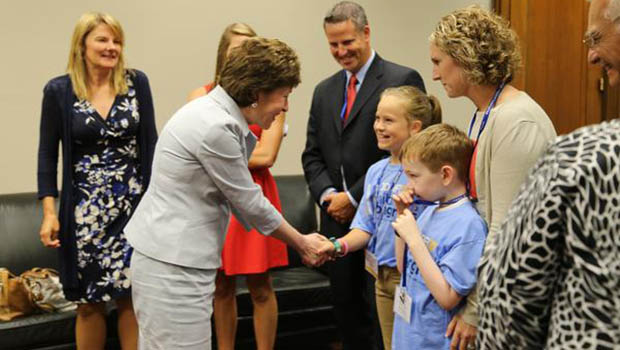How Those Who Love You View Hypoglycemia

A Western University study suggests that it’s vital to better support spouses/partners and parents/grandparents of adults with Type 1 diabetes because they represent an important frontline in hypoglycemia prevention efforts. The researchers for the study found that while the nuclear family that orbits an adult with Type 1 are willing to do what it takes to prevent and treat hypoglycemia, they often lack the knowledge to be fully effective partners in diabetes management.
For the study, the Ontario-based researchers collected 552 surveys from significant others who are involved in the diabetes management of adults with diabetes who had at least some history of hypoglycemia; thirty one percent of the respondents said they were connected to an adult with Type 1 diabetes. The survey consisted of 63 questions on hypoglycemia management, diabetes knowledge, and social and emotional well-being. The survey was part of the InHypo-DM study, a Canadia-wide research effort on how best to prevent hypoglycemia.
Researchers found that 82 percent of respondents were committed to helping their spouses or adult children avoid hypoglycemia. An even higher percentage of the respondents reported being willing to sacrifice something in their lives to help a significant other avoid hypoglycemia. These are people who are willing to stay awake and make sure their partners are still breathing when a low strikes, said Dr. Sonja Reichert, an assistant professor of family medicine at Western University in Ontario.
”Altruism really came through. They basically said the benefits of helping their significant others outweighed any detriment that it would have to them,” Dr. Reichert said. “But it came at a sacrifice.”
This constant state of vigilance stresses a relationship, Dr. Reichert said. Significant others have to spend time nagging, worrying, or caregiving, activities which all have the potential to create emotional minefields in a relationship. The questionnaire study did not examine how such stress could affect a relationship’s viability long-term, but Dr. Reichert said respondents often reported that such a stress also sometimes helped strengthen the bond between a couple.
Read more: Hypoglycemia is a Major Stress on Type 1 Relationships
The survey results also revealed that while respondents were willing to help against hypoglycemia, they often lacked the knowledge to do so effectively. Some 16 percent of respondents couldn’t even name which type of diabetes their significant other had. Seventy one percent of respondents expressed feelings of inadequacy about how to treat a bout of hypoglycemia and fewer than half of spouses and significant others reported having the knowledge level needed for treating lows.
Dr. Reichert said that researchers hope to create shorter survey forms that be used during doctor visits to help medical teams support these significant others as partners in preventing hypoglycemia.
“We’re trying to really emphasize in practice and in clinical care that we need to not just focus on the patient,” she said. “If there’s a significant other who wants to be involved, let’s include them. Let’s really invite them into that clinical encounter and find out how they’re doing…and what they need.”
Thanks for reading this Insulin Nation article. Want more Type 1 news? Subscribe here.
Have Type 2 diabetes or know someone who does? Try Type 2 Nation, our sister publication.







